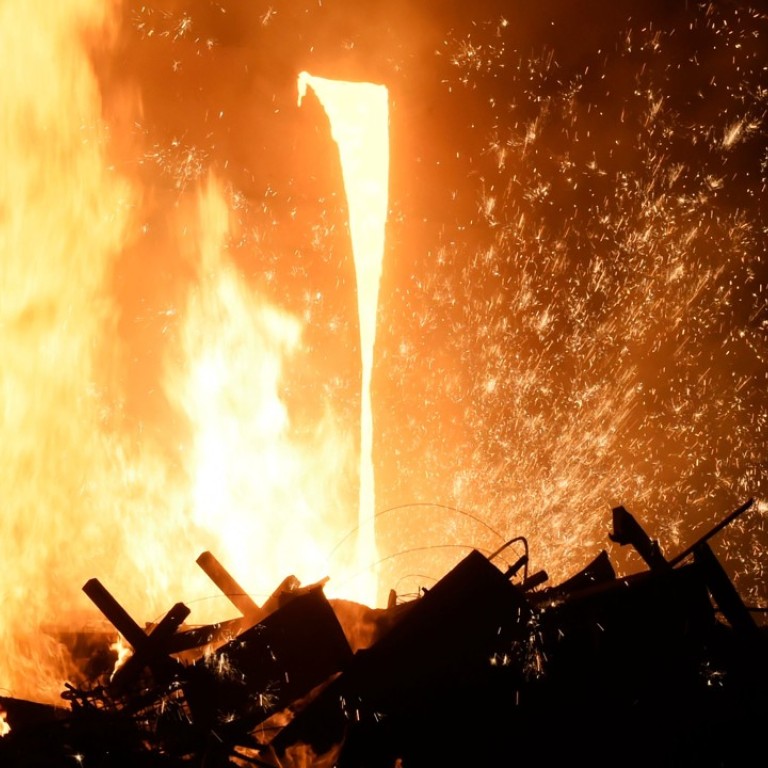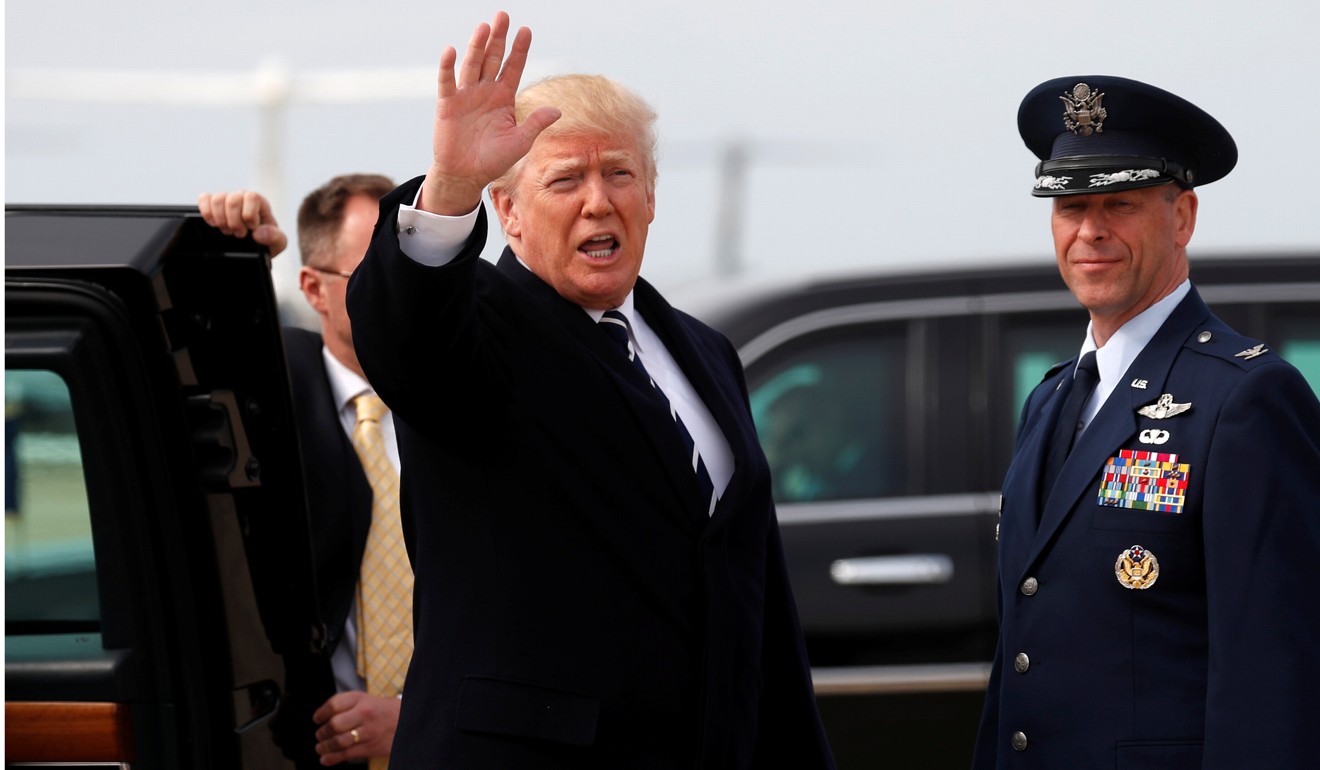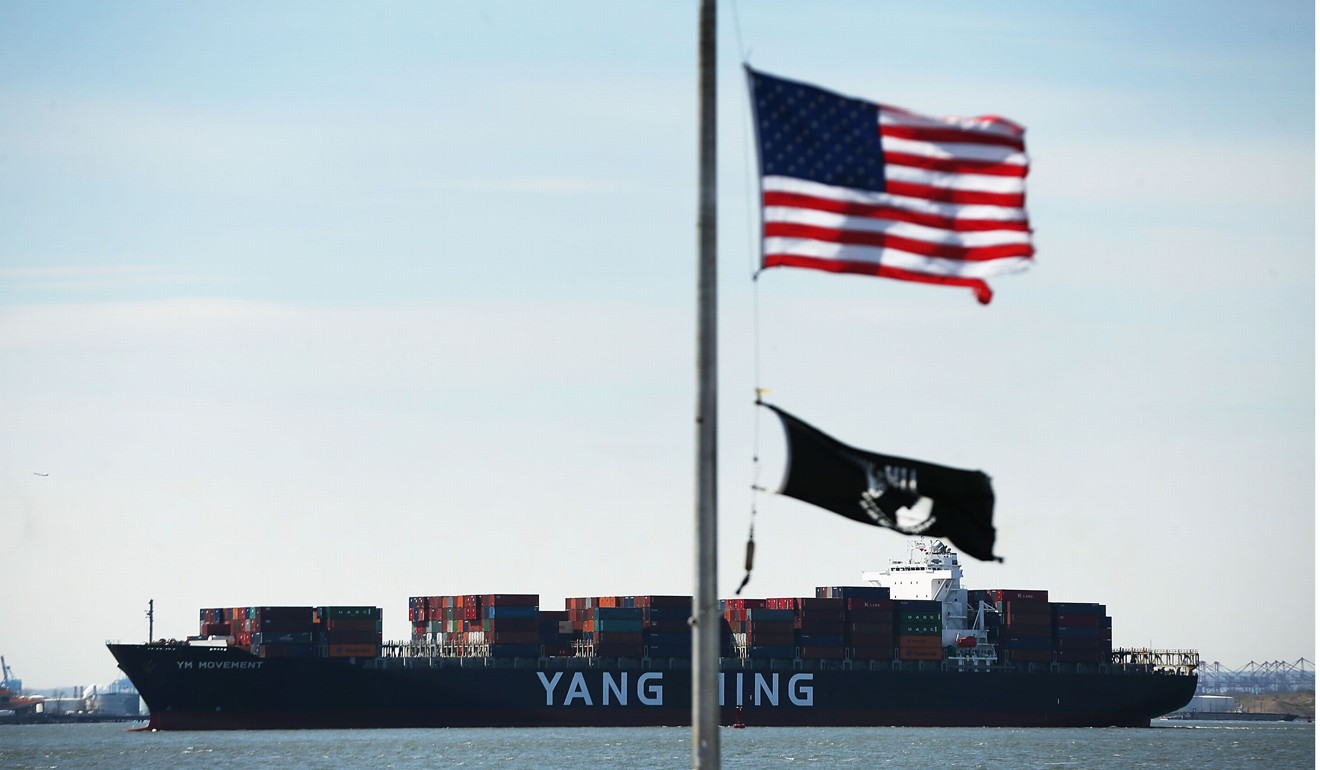
Why is Beijing so obsessed with order? It fears the alternative
Never has so much been at stake for China, which explains its ever-tightening grip on society. As its time in the global limelight nears, there can be no room for improvisation, if there ever was
Domestically, China is now pervaded in the political realm by a controlled and controlling uniformity. It seems to stretch across all spaces, from officialdom into academia, and even into people’s private space. The world is full of eyes, watching, from remote spaces, ready to record aberrations, signs of dissent, of disunity.
The Xi era is about achieving great historic goals. The mission to be a strong, powerful country is within reach.
And disobedience, however small, however seemingly insignificant, is treason to this great effort. It could disrupt things. It could set things back. So no matter what, every effort is being made to make sure that such aberrant events don’t occur. I might not like the nervousness, but I do understand it. Never has so much been at stake for China.
With a world outside in increasing disarray and confusion, China’s great moment is more real, and more imminent, than anyone ever expected. In what the French situationist Guy Debord called the “era of the spectacle”, where everything is about how things look rather than how they actually are, the performance of national renaissance and rejuvenation in Beijing and across the country is the crucial thing. The script has been finalised. Everyone needs to know their part. Even the audience have been told when to applaud. There can be no ad-libbing in this great play.
US-China trade war: not about trade, not about Trump. Here’s what it is about

The official Chinese government retort to criticism about its seeking influence is that it is searching for win-win situations, parity and mutual respect. Plenty of others, however, see this model as very self-interested, exclusivist, and excluding, and often resulting in asymmetrical outcomes in Beijing’s favour. They believe it wants things on its terms, to serve its own internal issues.
It might be a great power on the rise, their critique goes, but this unilateral, and self-centred approach, is still one that comes across in government statements, and the rigid adherence to observing non-intervention, even in issues like Syria and the use of chemical weapons there. China’s multilateralism, like pretty much everything else it promotes, has “Chinese characteristics”, which often makes it look like old-fashioned unilateralism dressed up.
Why borrowers on China’s Belt and Road will go from euphoria to depression
If we want to understand where China is coming from, and why its power often seems “sharp”, we might focus in particular on the concept of order adhered to by Beijing.


Informed by Confucian and other classical ideas of humanity and nature, and of social hierarchy, it arises from very different philosophical roots to, for instance, ideas of political order in enlightenment thinkers like Kant or Hume. At best, it might be described as collectivist, utilitarian and pervaded by instrumentality. Defence of pluralism, individuality and minority interests don’t make much of an appearance.
What’s behind Beijing’s South China Sea moves – and why US patrols are making it worse
It is also profoundly informed by historic memories from Chinese imperial histories of turbulence, collapse, and implosion, going back two millennia.
No wonder Chinese leaders today place such a premium on order at any cost. But those outside engaging with this concept need to be clear – fear sits right beside it. It is an order predicated more on avoiding negative things happening, rather than outlining some bold, positive vision of how things can be different, and better.
The question for China, and the world, is just how appealing, and unifying, its idea of this sort of order might be. An enforced allegiance might come eventually, at a very high cost, and could, ironically, be the source of the biggest disorder of all – a cultural clash between China and the wider world where neither side can agree on the order it wants – and instead ends up fighting about it. ■
Kerry Brown is director of the Lau China Institute, King’s College, London

